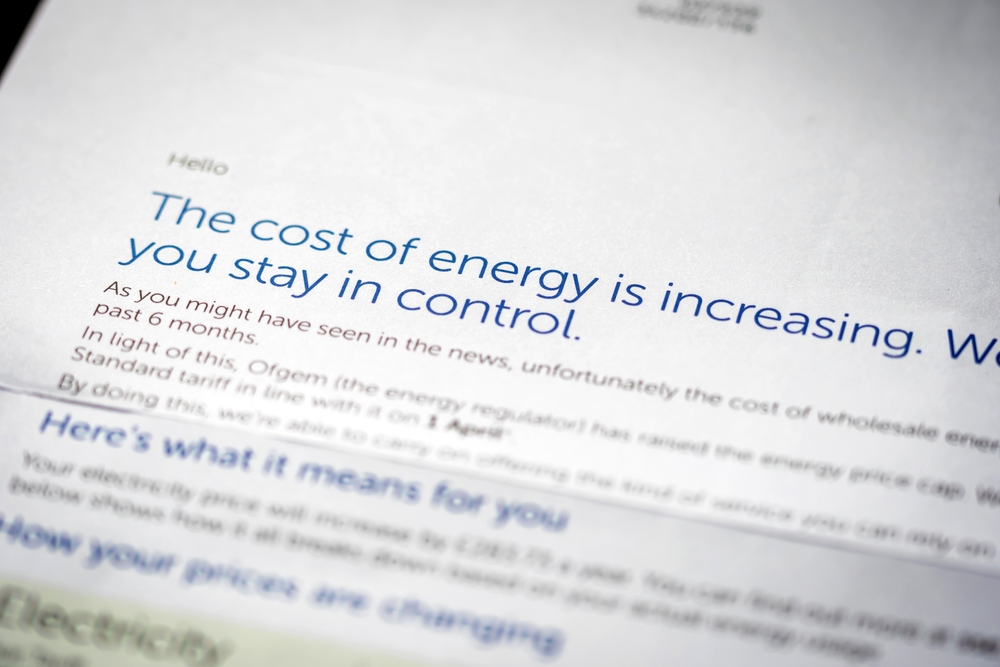
Higher household bills helped push inflation up to 3.5% in April.
Sterling slipped against its peers on Wednesday after the release of April’s unexpectedly hot inflation report. By the end of the day, it had clawed back its losses to the euro and the US dollar as the sense grew that the Bank of England may have to stray from its once-per-quarter rate cutting schedule to control prices.
Headline inflation’s climb to 3.5% – the highest level since January 2024 – represents another blow to British consumers, already battered by several years of high inflation and anaemic growth. Unsurprisingly, household bills and utilities were a main contributor to price increases, with everything from electricity to council tax surging ahead at the start of the new financial year.
According to research by Compare the Market, household energy, council tax and water bills in the UK have increased by a combined average of £391. One small point of relief came from the average price paid by renters, which rose by an annualised rate of 6.3% compared to 7.2% in March.
It was busy day in the political world, with Prime Minister Sir Keir Starmer making a notable U-turn over winter fuel payments. The government will now reevaluate the pension threshold at which people become ineligible for financial support. To frame that decision, we heard this morning that UK government borrowing once again overshot expectations by several billion pounds.
Meanwhile, Speaker of the House of Representatives, Mike Johnson, declared Republicans had overcome a key hurdle in passing a $3 trillion tax bill. Johnson has set a Memorial Day (26 May) deadline to pass the bill, although a number of influential hardliners are holding out over its impact on public finances. Debate is expected to begin this morning after a gruelling all-night session.
Taking a look at global currencies, the Japanese yen has strengthened by 1% against the pound and 2% against the US dollar this week. Sterling has strengthened against the Australian dollar after the Reserve Bank of Australia voted to cut interest rates to 3.85%.
Make sure any upcoming transactions are protected against the risks of sudden market movements. Secure a fixed exchange rate now with a forward contract; call your account manager on 020 3918 7255 to get started.
GBP: Time for a rethink
Most people expected inflation to rise in April, but few predicted it would surge to 3.5%. A number of Bank of England members have urged caution in recent days, and this report will have done little to change that view. Sterling may benefit from this change but the risk of stagflation appears higher than ever.
GBP/USD: the past year
EUR: Stronger still
The euro made up more ground against the US dollar yesterday, benefitting from an extended period of dollar weakness. Things were more equal against the pound, but the fact the euro can perform this well despite the massive divergence in interest rate policy is a promising sign for future strength.
GBP/EUR: the past year
USD: Twin deficit fears grow
With President Trump’s “big, beautiful” tax bill sputtering its way through Congress, the US dollar has slipped as markets fret about the issue of twin deficits, i.e. both a spending and a trade deficit. Pressure is growing in the bond market and investors are looking to sovereign debt projections with unease, further weighing on the dollar.
EUR/USD: the past year
For more on currencies and currency risk management strategies, please get in touch with your Smart Currency Business account manager on 020 7898 0500 or your Private Client Account Manager on 020 7898 0541.

 020 7898 0500
020 7898 0500
